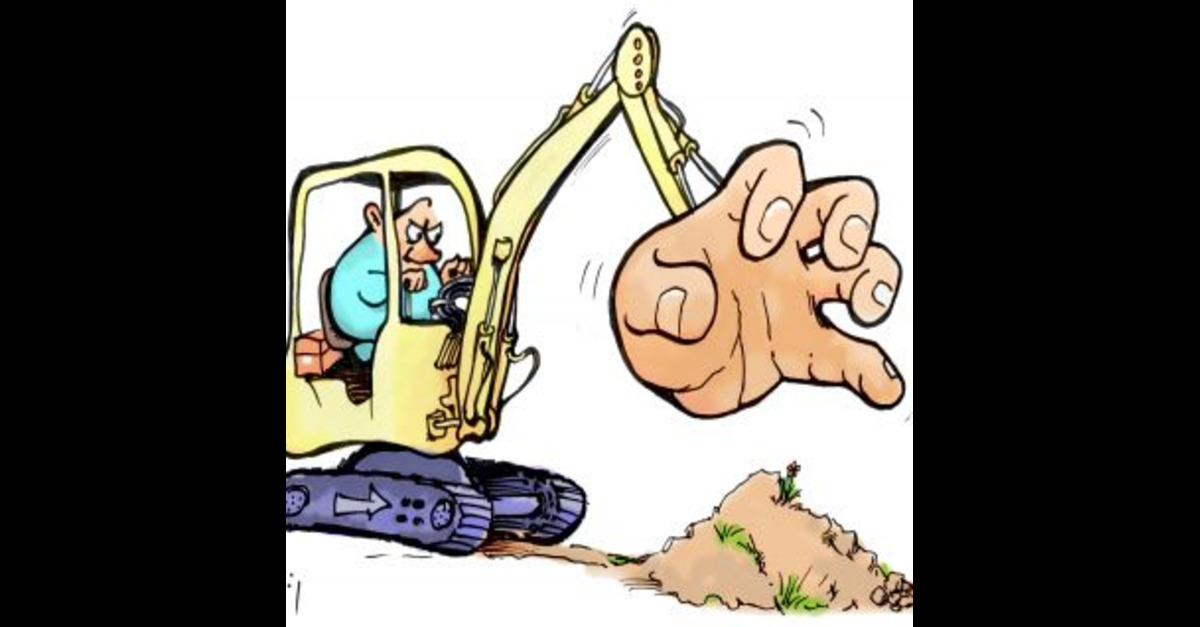Case Name: Jammu & Kashmir National Panthers Party v. Union of India.
Case Number: Writ Petition (C) No. 578 of 2001
Date of Judgment: 22 April 2025
Quorum: Justices Surya Kant, Dipankar Datta, and Nongmeikapam Kotiswar Singh
BACKGROUND
The writ petition basically questioned the constitutional validity of the Jammu and Kashmir resettlement Act, 1982 referred to throughout as the Impugned Act which sought to allow certain individuals who had migrated to Pakistan to return and settle permanently in Jammu and Kashmir. This particular Act was mainly enacted by the State of Jammu & Kashmir to facilitate earlier state subjects who had moved to Pakistan on or after March 1,1947 and their descendants or spouses to settle and come back to Jammu & Kashmir permanently. Among the problems mentioned was that it was now available to those individuals who had been granted Pakistani citizenship in the past to come back home under this Act, subject to the condition that they embraced the Constitutions of India and Jammu & Kashmir.
The Governor at first returned the Bill with reservations but the State Legislature passed it again without any modification, after which the Governor accepted it on 6 October 1982. The Act was thereafter placed on the statute book. In the meantime, the President of India referred a constitutional question concerning the Act’s validity to the Supreme Court under Article 143 of the Constitution. The Court, however, declined to answer the reference in 2001, returning it as being inexpedient due to the passage of time.
Several writ petitions continued challenging the Act’s legitimacy, especially after no Competent Authority was ever notified under the Act, and no applications were received or processed.
ISSUES FOR DETERMINATION
- Whether the Jammu and Kashmir Resettlement Act,1982 is constitutionally valid?
- If the Act, though enacted, had any legal or practical effect?
- Whether the enactment was repealed by subsequent developments, especially the Jammu and Kashmir Reorganisation Act,2019
LEGAL PROVISIONS
- Article 143 and Article 32 of the Constitution of India
- Jammu and Kashmir Grant of Permit for Resettlement in the State Act,1982
- Sections 95 and 96 read with the 5th Schedule of the Jammu and Kashmir Reorganisation Act,2019
PETITIONERS CONTENTIONS
The petitioners who were represented by a senior counsel, argued that the Impugned Act was ultra vires to the Constitution and posed a grave threat to the national security and sovereignty. They contended that allowing people who had migrated to Pakistan some of them who might have acquired the citizenship of Pakistan and had to return and reclaim domicile rights in Jammu & Kashmir was legally indefensible and politically dangerous.
It was also submitted that the Act was passed without considering its far-reaching consequences and it violated the spirit of constitutional integration. Further, the complete non-implementation of the Act along with the lack of a notified Competent Authority indicated its inherent unworkability and constitutional infirmity.
RESPONDENTS CONTENTIONS
The Union of India submitted that the Act never took effect in practice. No Competent Authority was ever appointed, and no rights were conferred under it. In fact, the implementation had been stayed by the Supreme Court in the year 2002. Moreover, following the reorganisation of Jammu & Kashmir in 2019, the Act was explicitly repealed under the 5th Schedule of the Reorganisation Act.
It was emphasized that there existed no live controversy because the statute, though once enacted, was never operational and now stood formally repealed. Hence the petition no longer had any legal footing.
ANALYSIS
The Honorable SC took note of the historical timeline surrounding the Impugned Act. It also acknowledged that despite being enacted in 1982 the Act remained slumbering throughout its life. No authority had ever been appointed, no applications had been received, and no substantive action was ever taken under its provisions.
More significantly, the Court observed that the legislative landscape had changed drastically following the Jammu and Kashmir Reorganisation Act, 2019 which led to the bifurcation of the state into two Union Territories and brought a host of legal reforms. The Reorganisation Act specifically repealed the Impugned Act under Table 3 of its 5th Schedule.
The Court, therefore, found that since the legislation had been effectively nullified by Parliament through a subsequent Act, there remained no question of examining its constitutional validity. The cause of action stood extinguished in law.
JUDGMENT
The writ petitions were disposed of, with the Court holding that the Impugned Act stood repealed and had never been operationalised. As a result, the challenge to its constitutionality did not survive.
CONCLUSION
This judgment serves as a textbook example of how laws, even if once contentious, may become obsolete due to constitutional and political developments. The Court refrained from delivering a theoretical judgment on the constitutional validity of a repealed and unused statute. Instead, it focused on judicial economy and finality. It is also significant that the Court acknowledged the importance of legislative actions in reshaping the constitutional landscape. By pointing to the repeal through the Reorganisation Act, the Court recognized the supremacy of Parliament in managing territorial and legal transitions in sensitive regions. In the larger picture, the decision reaffirms that the judiciary need not always intervene in theoretical disputes particularly when legislation has been overtaken by events. The ruling reflects the principle that constitutional adjudication must be rooted in real, live controversies rather than symbolic or speculative challenges.
“PRIME LEGAL is a full-service law firm that has won a National Award and has more than 20 years of experience in an array of sectors and practice areas. Prime legal falls into the category of best law firm, best lawyer, best family lawyer, best divorce lawyer, best divorce law firm, best criminal lawyer, best criminal law firm, best consumer lawyer, best civil lawyer.”
WRITTEN BY PRIYANKA DESHIKAN.


